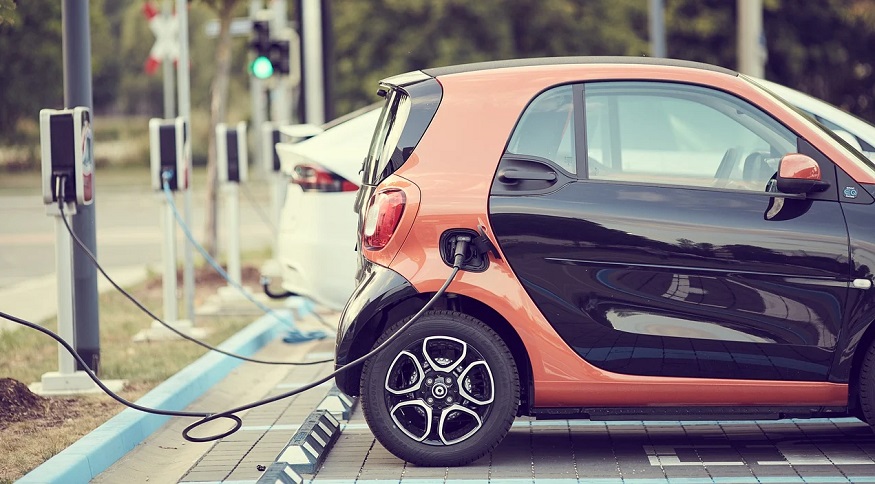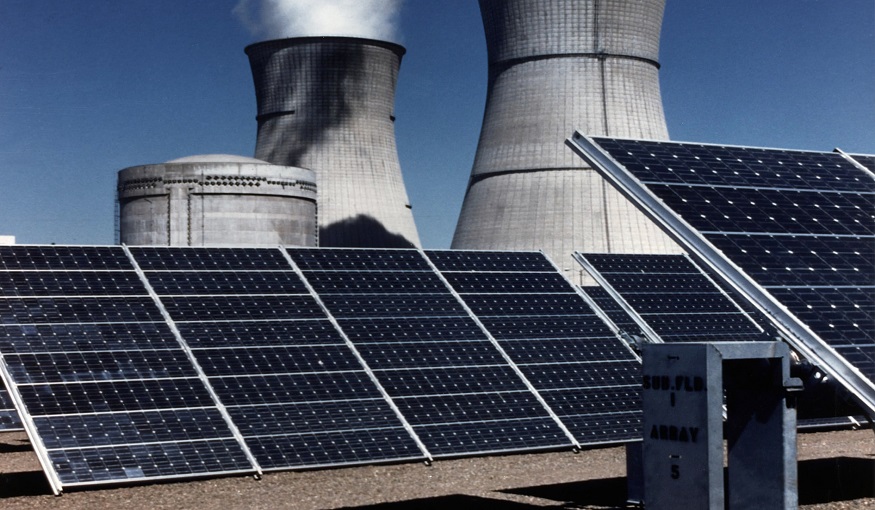
Study reveals barriers to American electric car adoption
July 31, 2020EVs simply aren’t taking off in the United States at the same rate as other parts of the world.
Electric car adoption has remained relatively limited in the United States, even as consumers are getting on board with these zero emission vehicles in other countries around the globe.
A recent study has examined the various reasons standing in the way of appeal in the United States.
Among the main reasons identified by the study for the slow electric car adoption in the US is that Americans don’t know very much about EVs.
The research was conducted by John Helveston from the Department of Engineering Management and Systems Engineering at George Washington. Beyond identifying the reasons behind the low popularity level, the research paper also offered some potential solutions to the issues to help popularize EVs in the United States.
“We…find that the vast majority of respondents were unable to correctly answer basic knowledge questions [about EVs],” said the study titled: ‘Electric vehicle adoption: can short experiences lead to big change?’
The study also cited previously published research which showed that American consumers “lack basic knowledge about many aspects” of electric battery powered vehicles. Among the areas in which consumers were typically not well-informed included issues such as recharging time, purchase price, driving range, the cost of electricity and the cost of maintenance.
This suggests that electric car adoption could increase substantially with improved information dissemination.
In one component of the research, only 18 percent of the participants could correctly answer a basic question comparing “plug-in” to “gasoline refueling.”
“There’s huge promise for EVs once people get in them and learn about them,” explained Helveston in a recent Forbes article. “Unfortunately, most people know very little about them, and few have even seen one let alone ride in one.”
The research also recommended a ride in an EV to help inform consumers and boost electric car adoption. It stated that it would take only 3 to 5 minutes to make the necessary difference. “Our study shows that having a direct experience — even for just a few minutes —  with a [plug-in electric vehicle] could be important for changing public opinion about PEVs on a mass scale,” said the paper.
with a [plug-in electric vehicle] could be important for changing public opinion about PEVs on a mass scale,” said the paper.



 HFN News is your leading source for fresh hydrogen and renewable energy updates. Amid the fast-paced growth of hydrogen companies, we provide top-notch news and insights about this exciting sector. Our coverage spans from hydrogen cars to global sustainable initiatives, and we highlight the latest in green jobs and developing hydrogen hubs. We invite you to share your local hydrogen news and explore today’s renewable energy job listings on our site. Thanks for choosing HFN News as your trusted guide to the hydrogen and renewable energy world!
HFN News is your leading source for fresh hydrogen and renewable energy updates. Amid the fast-paced growth of hydrogen companies, we provide top-notch news and insights about this exciting sector. Our coverage spans from hydrogen cars to global sustainable initiatives, and we highlight the latest in green jobs and developing hydrogen hubs. We invite you to share your local hydrogen news and explore today’s renewable energy job listings on our site. Thanks for choosing HFN News as your trusted guide to the hydrogen and renewable energy world!
I really don’t think that this is the reason that People don’t know about electric cars. I believe that it is due to the fact that Americans are free spirited. This is the I want it now society. People want to get up and go whenever they want and not have to wait for the batteries to charge. That is why hybrids are more popular and my belief is hydrogen will eventually take over what battery vehicles there are. Currently we have to charge our smart phones, lap tops, smart watches etc. can you imagine if vehicles didn’t have charging capability? Maybe 20 years ago it was ok but not now. People don’t want to wait for their car to charge. Can you imagine – I was late for work due to an electrical power outage and my car didn’t charge? Middle of the night emergency to drive some where but your car is not charged? This is what I believe the dilemma is of battery cars- a primary car – NO. Fun car? Sure. The reason why it works in other countries is that they are compact and don’t have to drive like Americans do. Mostly short hops are on the daily agenda. I believe once the infrastructure is built H2 will be the new norm. Hopefully scientists will come up with economical and environmental friendly ways to save big oil by harvesting the hydrogen from hydrocarbons and harvesting Hydrogen from waste treatment plants (Ammonia, methane). The writing is on the wall and “Moore’s Law” is taking a grip on H2 development.
EV hybrid hydrogen vehicles can enhance the range of battery vehicles. When batteries start to get low, a hydrogen fuel cell cuts in and charges the batteries as the vehicle is driven. Start up is instant, too. Hydrogen can now be split from water using solar/wind power. The technology is there. It needs developing.
Distances are greater in North America and temperature swings are greater. Fueling interval limits are more impactful here than in places where EVs are popular. In addition, the prospect of H2EV truck fueling ubiquity makes the long term solution worth waiting for.